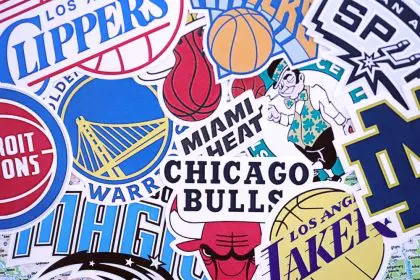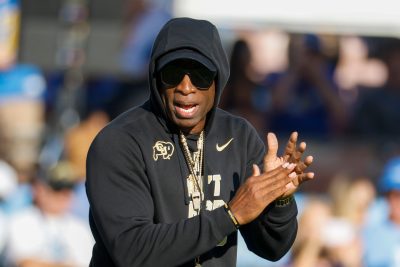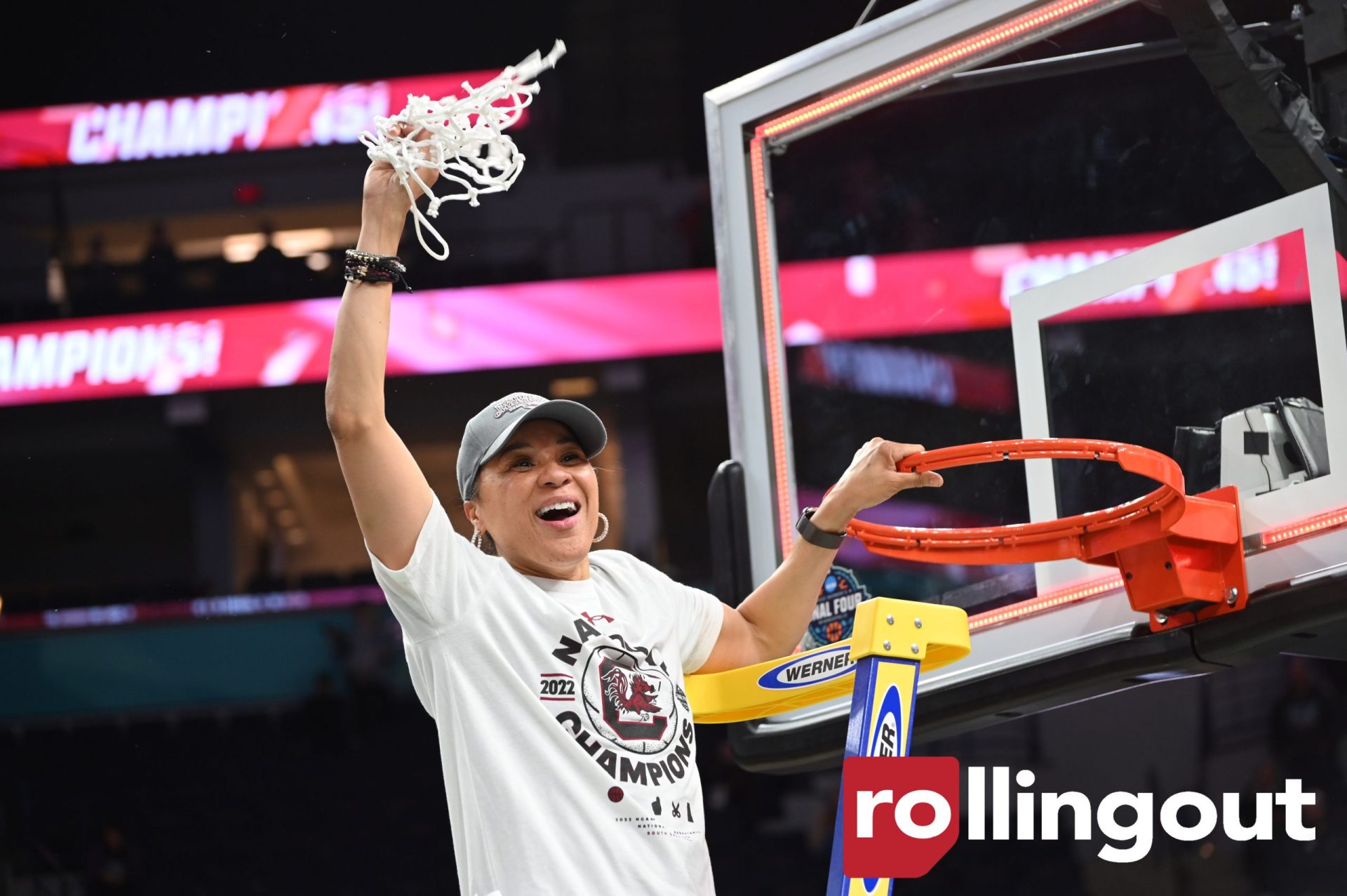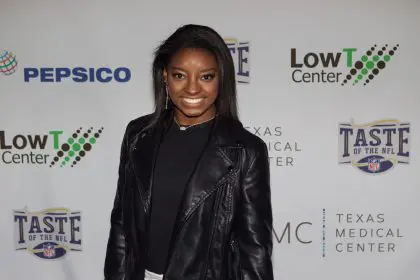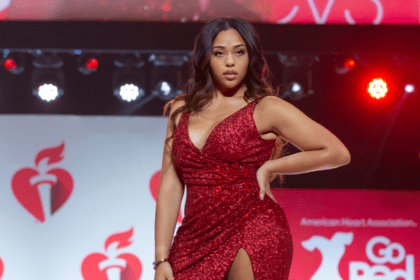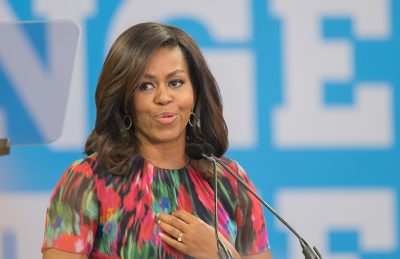Kenny Blakeney is the head coach of Howard University’s men’s basketball team. While playing high school basketball at DeMatha Catholic High School under Morgan Wootten, he was named the Gatorade Player of the Year. Blakeney went on to play college ball at Duke where he was part of the Blue Devils’ 1991 NCAA Championship season as a redshirted freshman and the 1992 NCAA Championship season. He also served as team captain during his senior year.
In 2o19, Blakeney was named the 10th head coach in Howard men’s basketball history.
What impact has basketball had on your life, and what can it do to a younger person?
Basketball has always been a vehicle for me to get an education starting as early as the third grade. Growing up in the inner city of Washington, DC, basketball was a way for me to move throughout my community and gain mentors. Being raised by a single Black woman and having siblings, basketball has allowed me to get from picking up the ball as a little kid and falling in love with the game to becoming the head coach at Howard University. It’s a tool that we can use, but I think being intentional in the way we move about it is key. I was very lucky growing up in an era where we had police Boys and Girls Clubs, so those became mentors for me. My recreation directors that were both junior high and Rudolph Elementary became mentors to me. They’ve taken the baton and then passed it off to my high school coach who was a mentor for me. The baton that was passed from Coach Wooten was then passed to coach Mike Krzyzewski at Duke University. It has allowed me an opportunity in each one of those spots. It’s been about education and utilizing education, but also gaining mentors to try to elevate my place in society.
What are some principles coaches should use to lead their players?
How are you using your words, and are you using them intentionally? Understanding what young men may need and how your words can affect them at that moment, and coaching with a sense of urgency. That part is about communication, but preparation is important too. I do my practice plan every night before I go to bed. It’s one of the hardest things for me to do as far as trying to map out what our two-hour practices are going to look like from a day-to-day aspect. Sometimes it takes me longer than an hour, it may take me two hours some days. Every practice that I’ve ever had since I’ve been a head coach, I may have to go back two or three years to look at something to say “Okay, I may need to add this. This is what we were doing at this point.” How can I be my best every day and give those guys everything that they need for their success?

